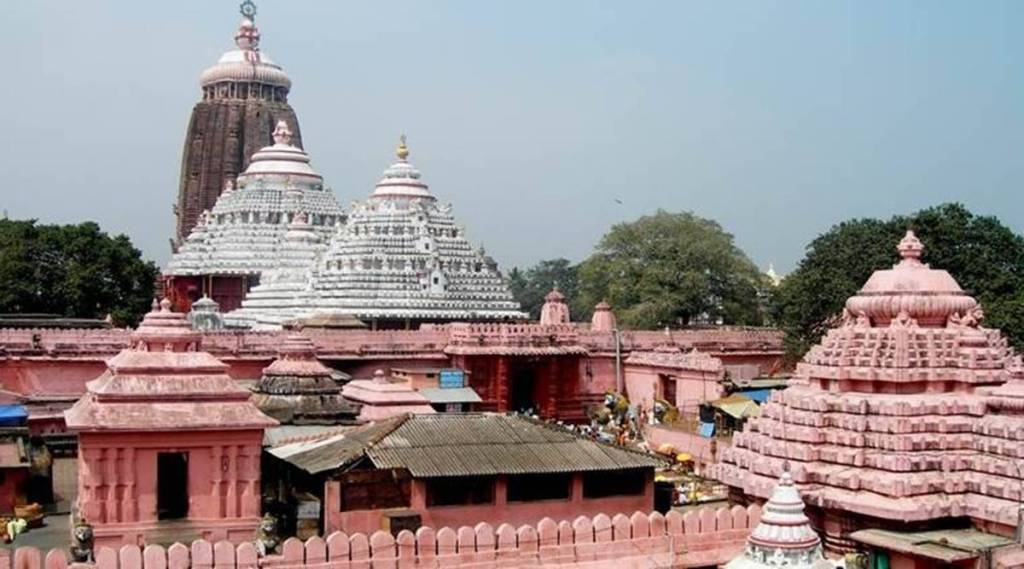The Supreme Court on Friday dismissed a plea to stop construction of the Puri Heritage Corridor around the iconic Jagannath Puri Temple, reported Bar and Bench. It was alleged that construction activities were causing cracks in the foundations of the 13th-century structure. Hitting out against the Public Interest Litigation (PIL), which stated that it was being filed “in the interest of the general public and to protect the heritage of Lord Shree Jagannath,” the top court called it “Publicity Interest Litigation.” While pointing out that such PILs should be “nipped in bud” as they are a waste of time, the division bench was quoted as saying by Bar and Bench, “In the recent past there is an increase of publicity interest litigation. We deprecate the practice of filing such PIL. Its a waste of judicial time and it needs to be nipped in bud so that development work is not stalled.”
The apex court was hearing a set of arguments challenging the Odisha High Court’s earlier order to allow Archaeological Survey of India (ASI) to assess if any damage was caused to the temple as a result of the construction activities. Challenging the HC order, the plea had pointed out that the HC should have put an interim stay on the construction as it contended that the foundations of the historic temple was getting damaged as a result. The plea further argued the legality of the permits that the state government had obtained.
While recalling its earlier order on the Mrinalini Padhi case, the apex court pointed out that governments cannot be stopped from working to provide basic amenities to visitors. “Can state be denied to make necessary arrangements to provide basic facilities to devotees? The answer is an emphatic no. Activity undertaken is in sync with our earlier order of Mrinalini Padhi case,” the top court said, while dismissing the plea, as reported by Bar and Bench.
The BJD-led Odisha government’s grand heritage project has created a lot of stir in the state. The resolution for the 800-crore project, which is aimed at redeveloping key areas in the town and the area surrounding the temple complex to attract more tourists, was passed unanimously in the state assembly back in 2020.


